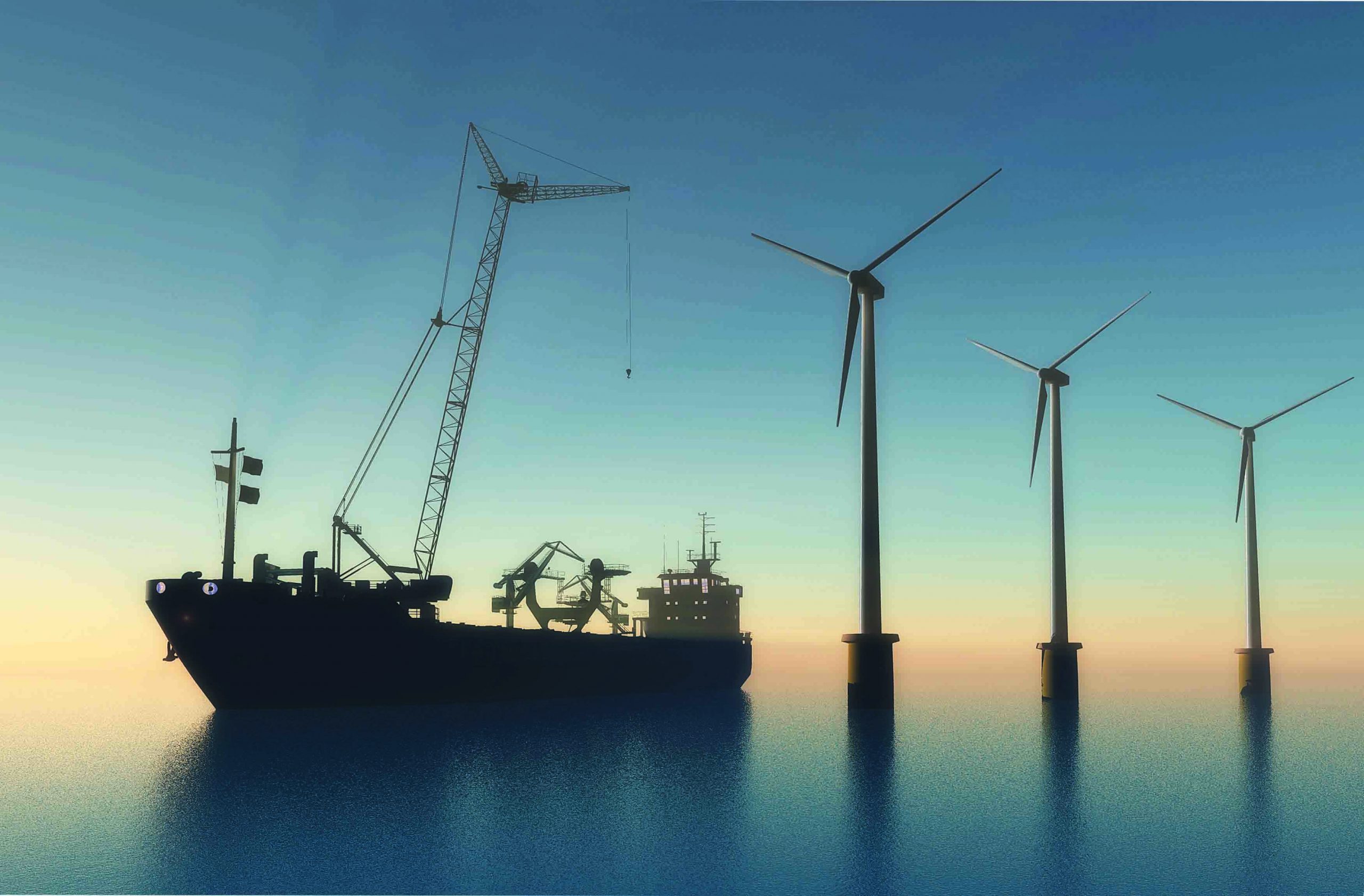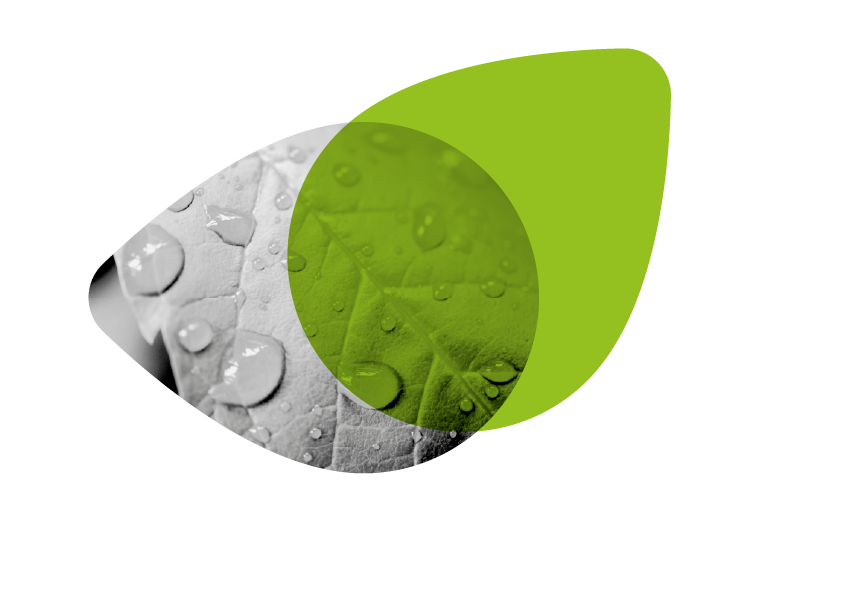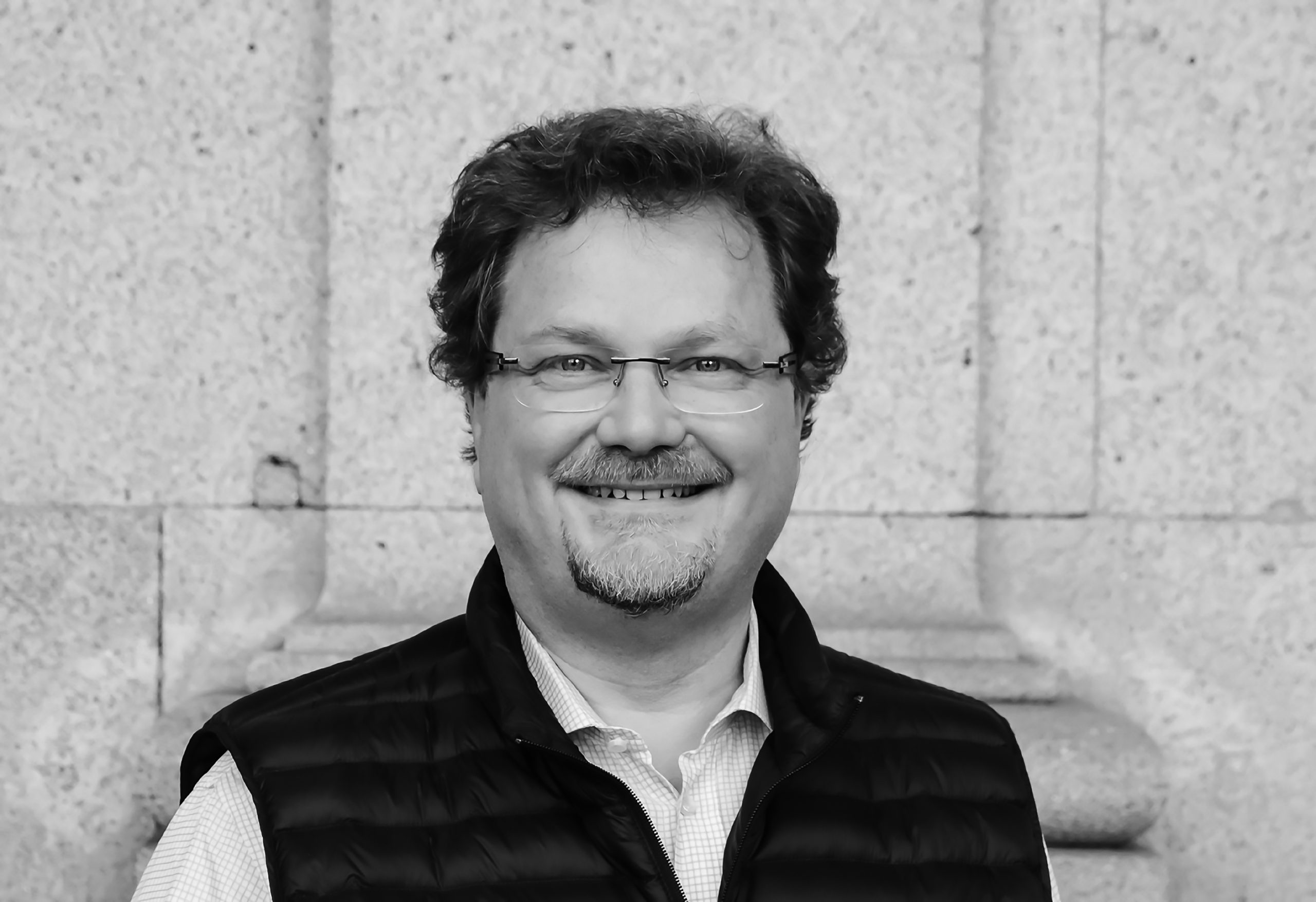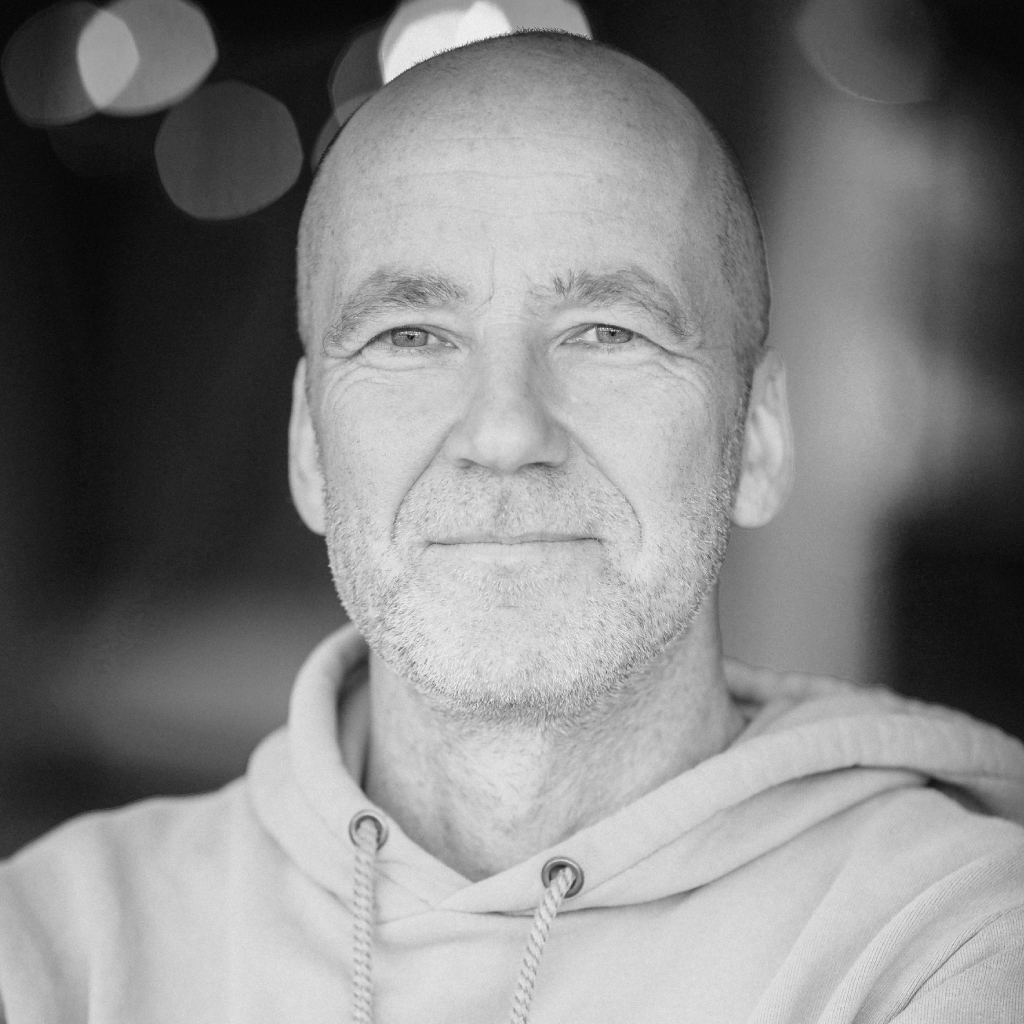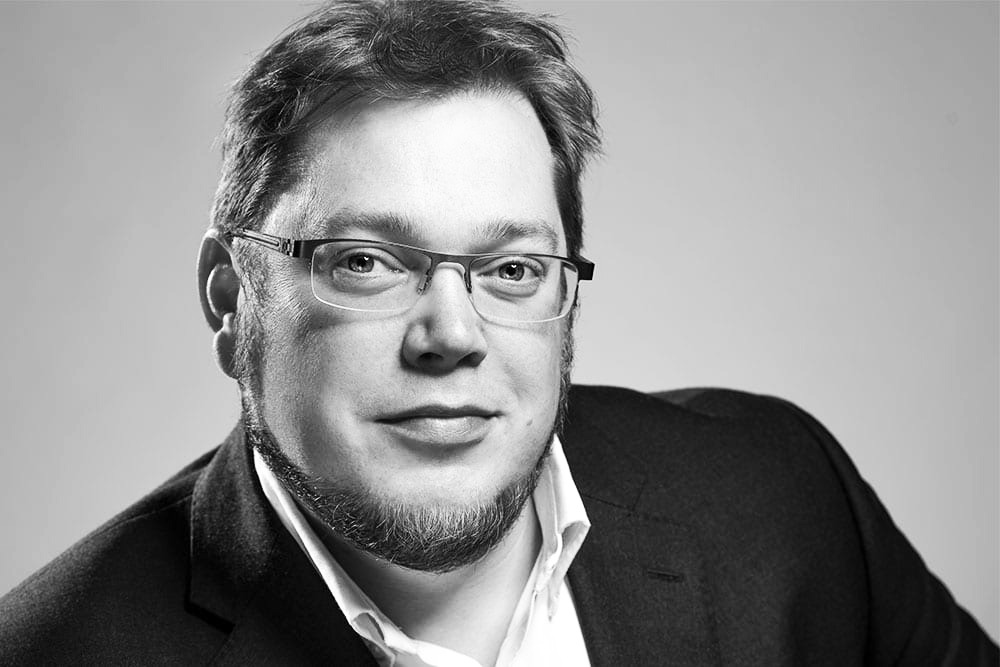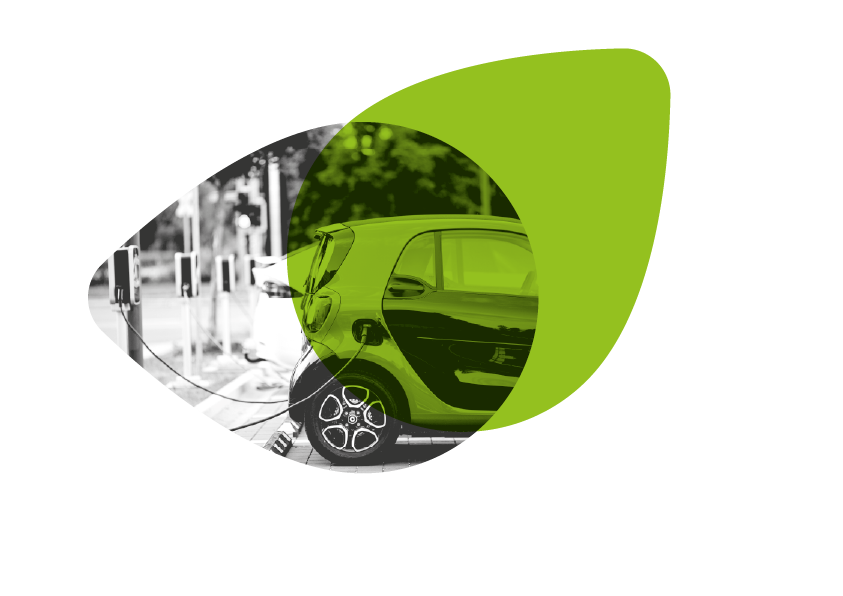The World Economic Forum puplished their new insight report about fostering effective energy transition. What does this mean for the world and how do we as Impact Funding Europe support our customers in obtaining funding for energy projects?
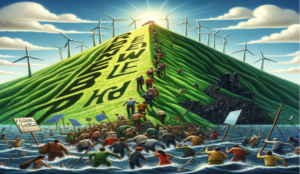
The world finds itself entangled in a complex web of challenges, from health crises to geopolitical tensions and economic uncertainties. Termed the “polycrisis,” these multifaceted issues have compelled countries to reassess their resource allocations and implement measures to address immediate energy security and affordability concerns. However, amid these turbulences, there lies an opportunity to broaden our perspective and contemplate the evolution of various aspects within the “energy triangle.”
Equality and inclusivity have evolved from merely focusing on energy access to embracing a more comprehensive approach to sustained economic development. Security has transitioned from ensuring a stable energy supply to diversifying the energy mix. Sustainability now encompasses a broader spectrum of clean energy beyond decarbonization, while transition readiness demands a heightened focus on regulatory and financial environments. Recognizing the shifting needs of the energy frontier, this year sees a revision of the Energy Transition Index (ETI) framework to incorporate a more holistic approach in balancing the three imperatives of the energy triangle: equity, security, and sustainability, while effectively leveraging transition enablers.
The ETI evaluates countries based on their current energy system performance and their preparedness for transition. Over the past decade, global ETI scores have shown a 10% improvement, driven significantly by a 19% increase in transition readiness scores. The Nordic countries, including Sweden, Denmark, Norway, and Finland, continue to lead the rankings, excelling in both system performance and transition readiness. Notable advancements are observed in countries like Kenya and Azerbaijan, which have significantly improved their ranks by focusing on transition readiness through enhancements in regulatory environments and infrastructure. A noteworthy mention goes to China, the world’s largest energy consumer, which has witnessed a remarkable 43% increase in transition readiness scores over the past decade, double the global average, securing its place in the top 20 countries.
Despite progress in decarbonization and infrastructure, global efforts still fall short of achieving balanced progress across all aspects of the energy triangle. In response, this report introduces the concept of “transition momentum” as a measure to gauge country progress on energy system performance parameters. Only two countries, India and Singapore, are identified as making advances across all aspects of energy system performance.
The urgency for action in the energy transition is emphasized. The limited number of countries making simultaneous progress across all aspects of the energy triangle highlights the challenges nations face in advancing their energy transition pathways. Analyzing the drivers of past progress reveals key themes that can pave the way for an accelerated transition:
- Equity Under Pressure: The current trajectory of the energy transition exerts pressure on equity. While the global average ETI score has increased annually over the last decade, growth has plateaued in the past three years. Macroeconomic and geopolitical developments have led to extreme price shocks in the energy market, exacerbating energy poverty and hindering energy access. High fuel prices impact the cost competitiveness of energy-intensive industries, and the rising subsidy burden poses risks to economic growth. Low-income countries bear a disproportionate burden, facing challenges from fuel price inflation, food inflation, and increasing debt.
- Shifting Focus to Emerging Economies: The center of gravity for the energy transition is shifting towards emerging and developing economies. With growing populations and economic expansion in countries such as China and India, global energy demand remains robust. Despite short-term effects from the energy crisis, emerging economies consistently show improvement in transition readiness, outperforming global averages over a longer-term horizon. Significant strides are seen in the growth of clean jobs, infrastructure development (including renewable capacity addition), and political commitments.
In a world where the urgency of energy transition is increasingly apparent, understanding the challenges is crucial for maximizing the opportunities. The dynamics of energy change involve a complex interplay of various factors, presenting not only challenges but also opportunities for innovative solutions and a sustainable future. The coming years will be decisive, and each country plays a vital role in the global pursuit of a sustainable energy future.
Supporting Clients in Obtaining Funding for Sustainable Energy Solutions
We as Impact Funding Europe (IFE) support companies to secure EU grant funding for smart, digital and climate neutral projects.
At IFE we understand the complexities of the grant application process and are dedicated to supporting our customers, for example Green Earth X, in every facet of their journey. Our comprehensive approach encompasses consortium building, fund matching, proposal writing, and administration management to ensure a seamless and successful experience.
Our mission is to empower your organization to navigate the complex landscape of EU grant funding with confidence. Join us and create a future based on Sustainable Energy Solutions.
Finally, I would like to introduce myself as a new member of IFE. My Name is Moritz and I am currently studying Business Administration in Kiel. I have been employed as a working student at IFE since December and support my colleagues in various areas of work. Humor is not neglected in this company, so that the work is always a pleasure.
Moritz Cornils
